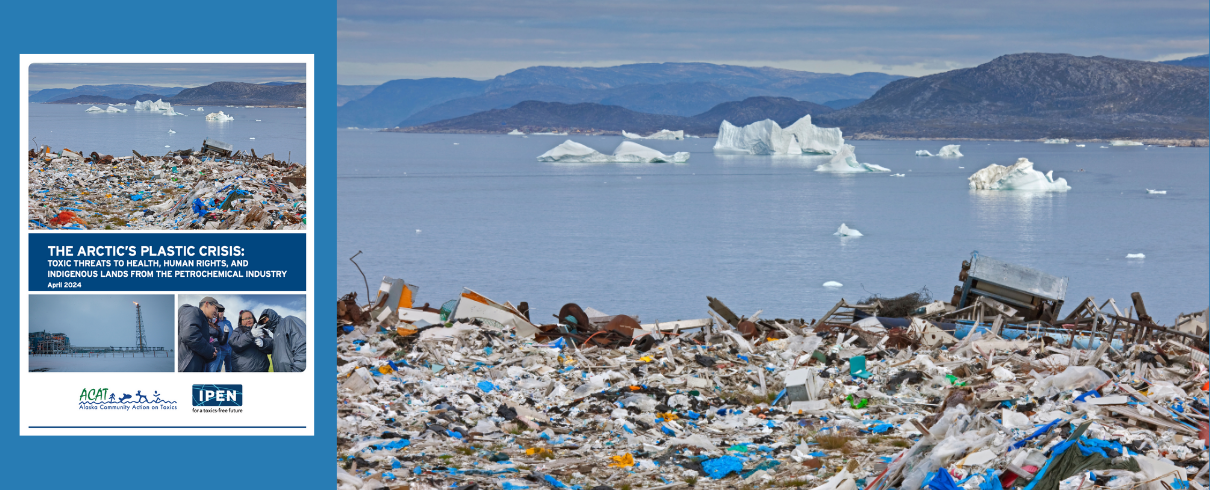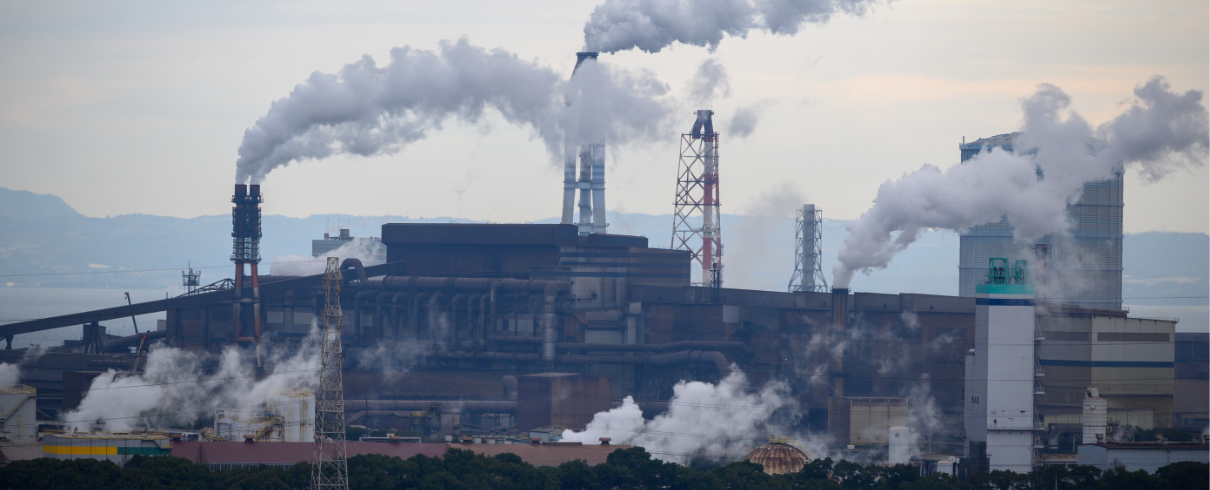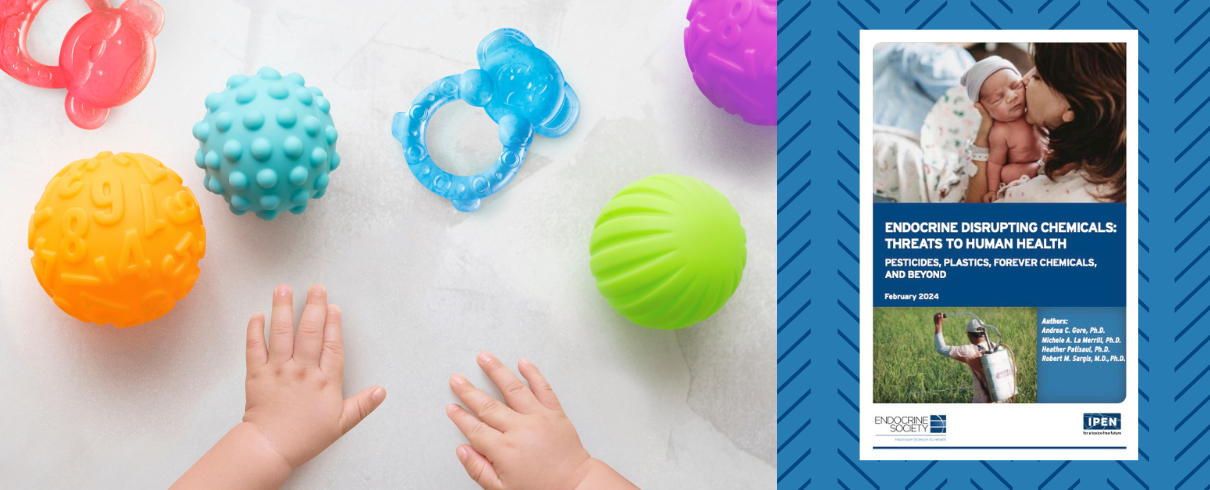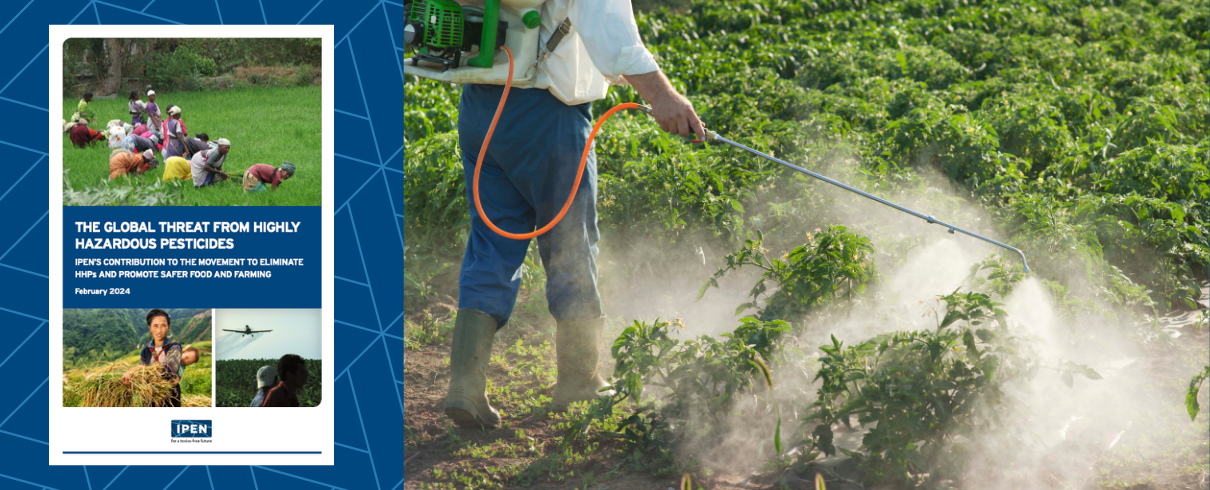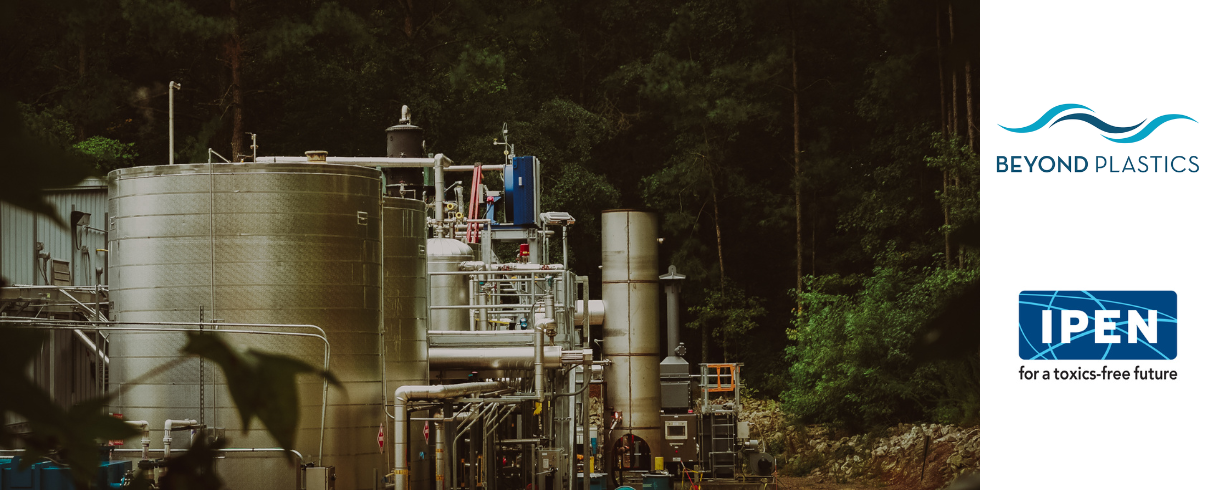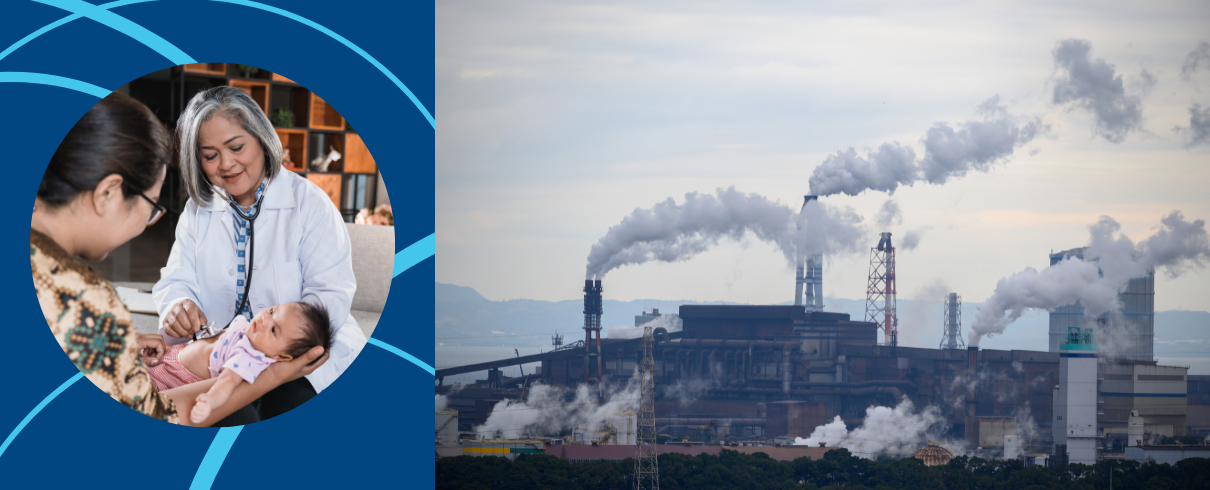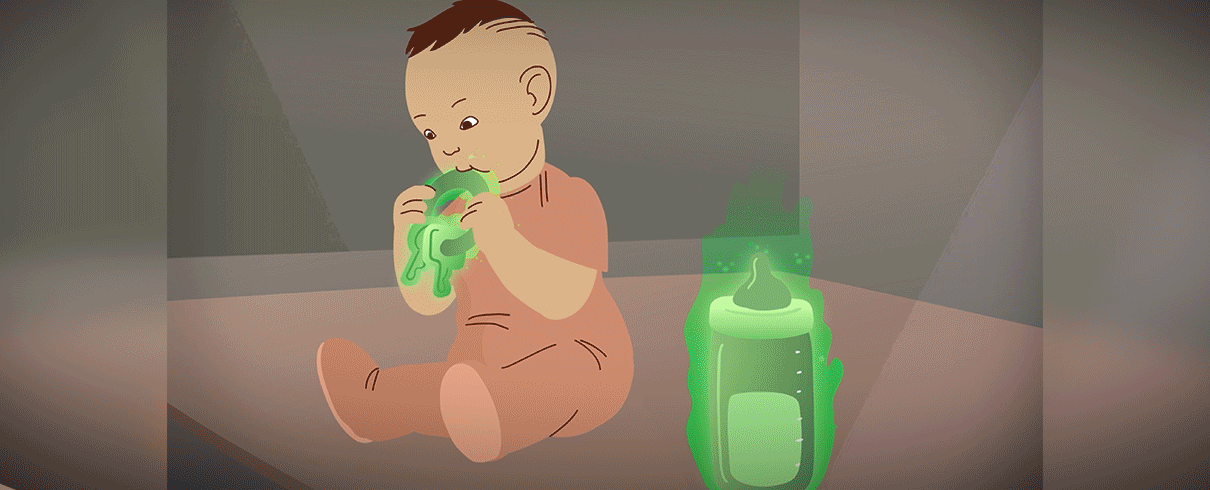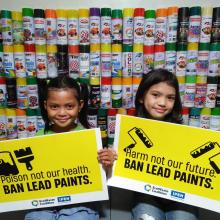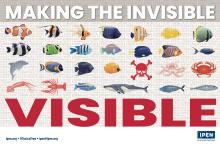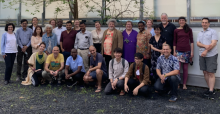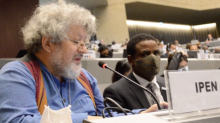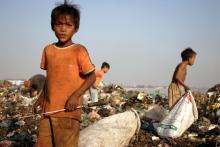Geneva, Switzerland Several notable decisions were adopted at the closing of two weeks of negotiations of the Joint Conference of the Parties (COP) of the Basel, Rotterdam and Stockholm (BRS) Conventions on hazardous chemical management.
IPEN Co-chair Pamela Miller reflected on the meeting, saying that “IPEN brings civil society to these meetings to bear witness for the billions of people around the world who could not be here, but whose health, well-being, and human rights depend on the decisions that are being made.” She continued, “These Conventions were adopted to protect vulnerable communities of women, children, workers and Indigenous communities. Still, governments and their powerful industry representatives put their own economic and trade interests before the health and well-being of the global environment and its inhabitants.”
Important Measures Taken to Control the Export of E-Waste
Massive amounts of electronic waste are today exported to developing countries and countries in transition. The Parties to the Basel Convent took a significant step during the COP towards controlling this highly polluting practice by listing e-waste under the convention, mandating a Prior Informed Consent procedure for transboundary movement of this type of waste.
Dr. Tadesse Amera, IPEN Co-chair commented “The export of electronic waste on developing countries leads to extensive pollution of the environment, poisoning of the food of local communities and severe health impacts. We welcome this decision to control all e-waste exports. However, we are also concerned about the remaining loophole for exporting e-waste under the guise of repair. We urge governments to restrict all export of used electronics under the Basel Convention”.
Action on Toxic PFAS “Forever Chemicals”
The toxic PFAS chemical PFHxS, together with its about 80 related substances, was listed under the Stockholm Convention for global elimination, with no exempted uses. These “forever chemicals” are used e.g. in stain-resistant fabrics, fire-fighting foams, food packaging, and as a surfactant in industrial processes.
Also, PFOA, another chemical in the PFAS family that was listed for global elimination under the Stockholm Convention in 2019 with a range of exemptions, was now adopted for listing under the Rotterdam Convention that controls transboundary movement of hazardous chemicals.
